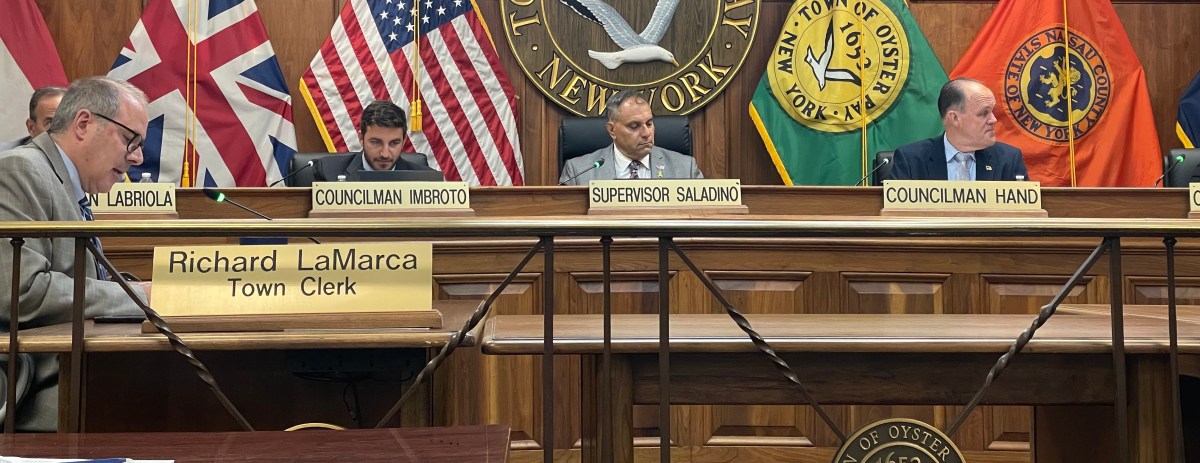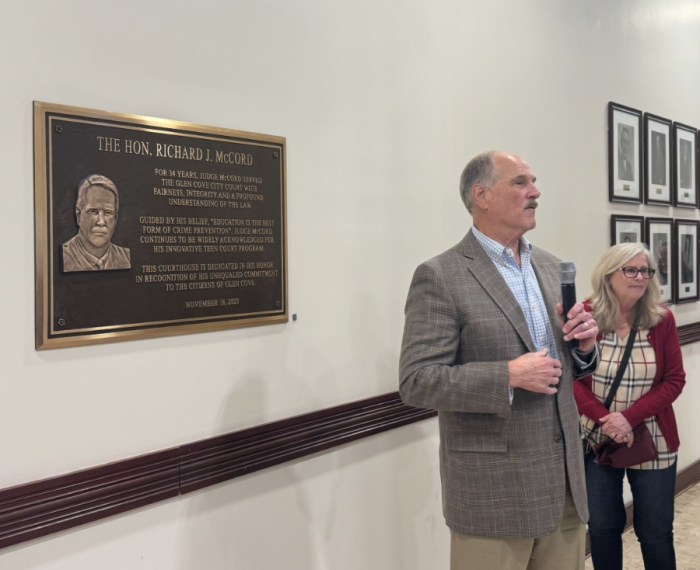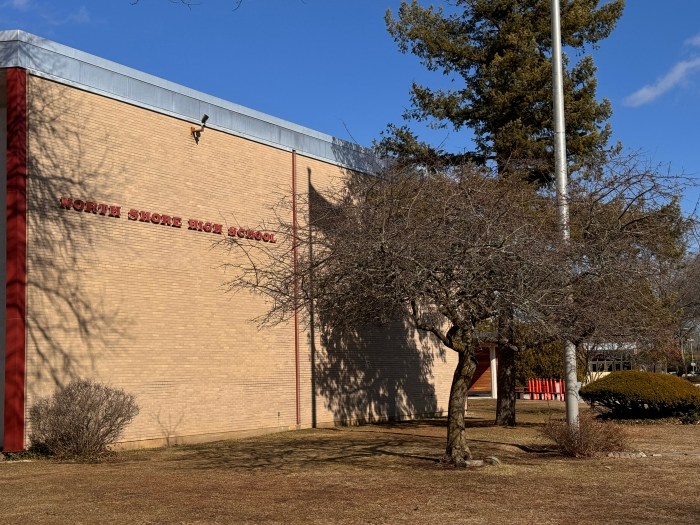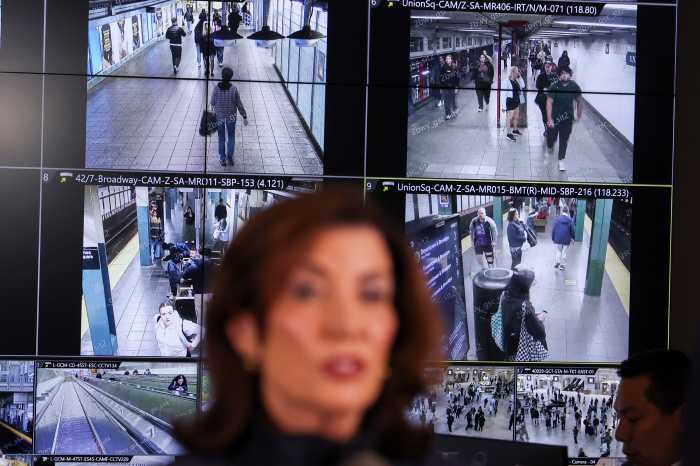Five battery energy storage system projects are currently underway in New York State: in Riverhead, two in Queens, Staten Island, and Ulster County.
But none in Nassau County, and not for lack of trying.
The reason is that as of now, all three towns—North Hempstead, Hempstead, and Oyster Bay—have imposed temporary bans on BESS installations, ranging from six months to a year or more. Oyster Bay has extended the moratorium several times.
Officials and residents have cited safety concerns. This is reasonable.
Battery energy systems store electricity for future use when sources like wind and solar are not available or when demand surges beyond what can be met. They are used by large utilities as well as residences.
In 2023, New York State experienced at least three chemical reaction-caused fire incidents at commercial lithium‑ion BESS facilities in Jefferson, Orange, and Suffolk counties.
All the fires were successfully contained with no injuries reported. No significant air, soil, or water contamination was detected in post‑incident testing.
These events triggered the formation of the New York State Inter‑Agency Fire Safety Working Group to address the unique nature of BESS fires.
These include a self-sustaining reaction that generates extreme heat, toxic and highly flammable gases, and explosions before the fires start and fires that don’t respond to standard water or foam and may continue to burn for 24 to 72 hours.
These issues have resulted in the creation of specialized safety standards, first responder training and emergency planning, revised zoning codes, the development of safer lithium iron phosphate chemistries, and improved permitting and monitoring requirements.
The town moratoriums allow officials to align local standards with the state’s updated fire code and ensure volunteer fire departments are adequately trained and equipped to deal with chemical fires.
They also allow these local governments to develop zoning regulations, permitting rules, and emergency planning protocols consistent with responses from New York’s Inter‑Agency Fire Safety Working Group and state legislation.
And they also allow time for public hearings so residents’ concerns can be raised and answered.
What the moratoriums should not do is prevent battery energy storage systems from ever being built in Nassau County.
Battery energy storage systems do pose real safety concerns, but so do many other commonly used forms of energy storage and transmission, such as natural gas plants and pipelines, coal plants, and nuclear power plants.
The benefits of battery energy storage systems are many, beginning with cutting fossil fuel use and emissions and saving money.
They also improve the electric grid’s reliability and resilience by providing instant backup power, helping to stabilize the grid during peak demand, blackouts, or extreme weather and preventing power interruptions. It supports solar and wind power by allowing their power to be stored and supplying electricity when solar and wind power fluctuates or fails.





























